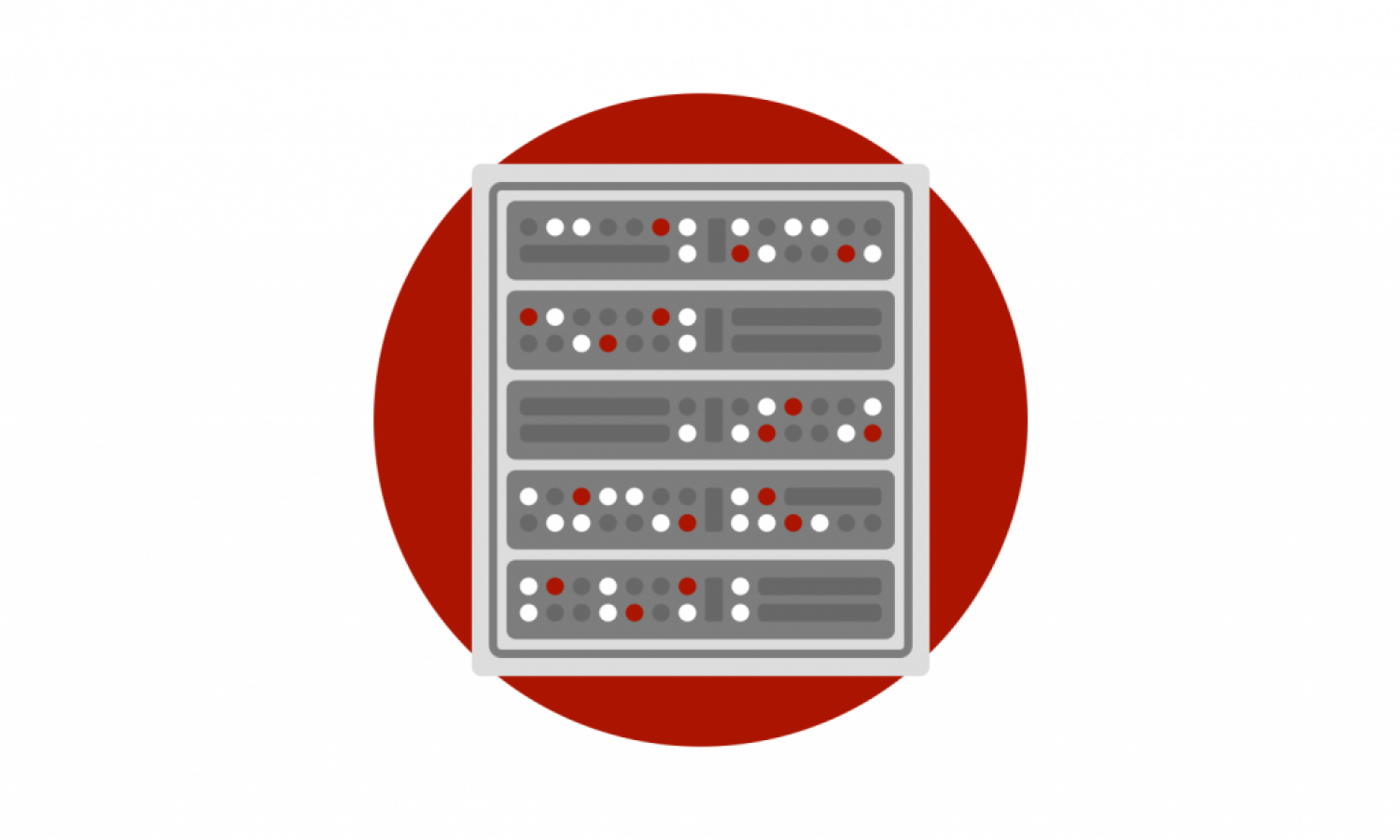i2Coalition Calls on Senate Leadership to Support a Multistakeholder Model for Internet Governance
What follows is a letter that was sent by i2Coalition to U.S. Senator John Thune, Chairman of the U.S. Senate Committee on Commerce, Science & Transportation – in advance of hearings on “Preserving the Multistakeholder Model of Internet Governance” this week:
February 25, 2015
The Honorable John Thune
United States Senator
Chairman, U.S. Senate Committee on Commerce, Science & Transportation
Dirksen Senate Office Bldg, 511
Washington, DC 20510
Dear Chairman Thune:
Thank you for the opportunity to address you and the Committee today on this important matter.
The Internet Infrastructure Coalition (i2Coalition) is comprised of key players representing U.S. and international Internet infrastructure providers and related tech firms that help enable web hosting and cloud services. The i2Coalition supports the trailblazing enterprises that make significant private investments and drive innovation for the layers of the Internet that sit above the telecommunications layer and below the content layer – including web hosting and data center providers, cloud infrastructure providers, registries and registrars. We are dedicated to educating policy makers, opinion leaders and the media, sharing best practices among our members and promoting the economic benefits that our industry delivers.
As an association made up of corporations that each rely completely on the continued security, stability, resiliency, and openness of the Internet, we stand united in our support of National Telecommunications and Information Administration’s (NTIA) proposed transition of its stewardship over the IANA functions to the global multistakeholder community. We fully support NTIA’s stated goals for the transition and believe that this transition will ultimately ensure the Internet remains open, stable, secure, and resilient. In particular, if done properly, it will strengthen and enhance the multistakeholder model for Internet governance.
While some have stated that they believe this move will weaken the Internet and allow other entities and governments more control, we hold that the opposite is true: removing the U.S. government as a body controlling any portion of the Internet proves that no one government has a special relationship to the Internet, and weakens any claim by activist governments or entities in asserting controlling authority in opposition to the multistakeholder model.
NTIA’s proposed transition represents a natural evolution of the multistakeholder model for Internet governance
The multistakeholder approach to Internet governance and technical management has been, and will continue to be, the best way to address the technical and policy issues facing the Internet globally. This model for governing the Internet has allowed for the Internet’s unprecedented growth for more than 20 years. At its core, this model allows all stakeholders, including businesses, governments, civil society organizers, technical experts, and end users, to participate in Internet governance debates.
ICANN was specifically created by the U.S. Department of Commerce in 1998 to ensure that no one entity or sector, whether governments, academics, technologists, or businesses, controlled the evolution of the Internet. Rather, the U.S. Government wanted to ensure that any governance of the Internet was private-sector-led and multistakeholder in nature. Indeed, NTIA noted in 1998 that it expected the IANA functions contract to sunset in a matter of years. By fully transitioning stewardship of the IANA functions to the global multistakeholder community, NTIA’s action support the multistakeholder model overall.
The transition represents an opportunity to improve the multistakeholder model
Moreover, the transition represents a key opportunity to improve accountability and transparency within ICANN. NTIA has made clear that the transition will not move forward if it is not accompanied by accountability improvements. We believe that the community-led, bottom-up process of determining what improvements are necessary and beneficial will both (1) strengthen ICANN and ensure that it continues to be responsive to stakeholders in the future and (2) provide an important example for governments and other stakeholders of the multistakeholder model at work.
Equally, the conditions set forth by NTIA in proposing the transition are exactly those conditions that should strengthen the model. Beyond ensuring that the transition “support[s] and enhance[s] the multistakeholder model overall, NTIA has also required that any transition (1) maintain the security, stability, and resiliency of the Internet DNS; (2) meet the needs and expectation of the global customers and partners of the IANA services; and, (3) maintain the openness of the Internet. It has also made clear that it will not accept a governmental or inter-governmental solution as a part of the transition. Because we are committed to a quality product that meets NTIA’s criteria, we welcome comments by Assistant Secretary Strickling emphasizing that he stands ready to extend the IANA functions contract with ICANN if the community needs additional time beyond September 30, 2015.
For all these reasons, we are optimistic that the transition will result in a better, more robust mulistakeholder model for Internet governance. Most Internet infrastructure providers are small to medium sized businesses, yet we are a vital economic engine within the United States. We build the framework of the Internet on top of which the entire digital economy rests. The members of the i2Coalition strongly urge you to support the NTIA’s efforts to shift stewardship of the IANA function to the global multistakeholder community, which includes governments as an important stakeholder. If done properly and according to the conditions set forth by NTIA, the transition will uphold the ideals of a free and open Internet and support American competitiveness and innovation for years to come.
Sincerely,
Christian Dawson
Co-Founder & Chairman, i2Coalition
David Snead
Co-Founder & Policy Chair, i2Coalition

